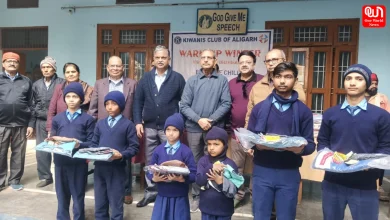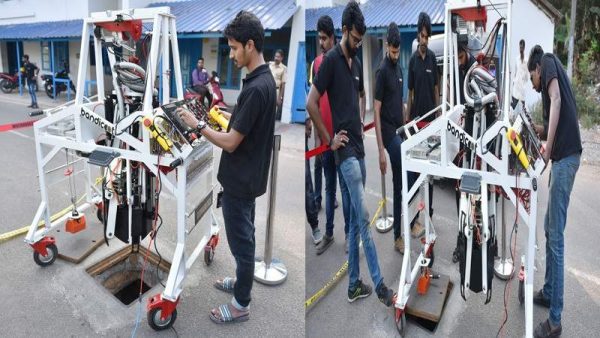Sharing the German Experience in…

Sharing the German Experience in Entrepreneurship, Shillong
The Asian Confluence Center for Leadership and Excellence (ACCEL), an initiative of Asian Confluence, Shillong. ACCEL, conducted a one day seminar with the Indo-German Chamber of Commerce. Building Entrepreneurship and Making the Global Connect: sharing the German Experience at the Sri. Aurobindo Institute of Indian Culture, Shillong.

Mr. Rainer Schmiedchen, Consul General of Germany and Mr. P.B.O. Warjri Chief Secretary, Government of Meghalaya and Mr. M.P. Bezbaruah, Member, North Eastern Council graced the occasion.
The objective of the seminar is not to simply provide a onetime platform for bringing diverse communities together, but to trigger a sustained engagement that will enable entrepreneurs in the North East to develop greater awareness of the challenges local business, leaders and entrepreneurs face in the region. Their innovative efforts to transcend those challenges.

The seminar invited various students, entrepreneurs, policy makers, and heads of governmental agencies actively devoted to entrepreneurial and livelihood creation. As participants to this one day seminar, they came together to the seminar to network, seek information and develop foundational relationships. To try and promote cultural, intellectual and understanding of the North Eastern Region to Asia politics.
Prof. Ashoke K. Datta, President Asian Confluence Governing Council mentions the idea is to connect with young people and to get them the right access for resources. “When it comes to cost, china comes to mind and when its quality and excellence, we think of Germany. It is sharing such information and giving access to resources to assist to make India a reality.”

Mr. M.P. Bezbaruah highlighted North East is full of contradictions. It is fully endowed but we are poor. Assam is 31% behind the national average. One of the factors is such as partition has put it in imprisonment. He mentions the need to share the German experience to create a full experience to connect globally.
There is great difference between qualification and skilled worked force. 60% to 70% of IIT Graduates are not able to be employed without further training. The understanding of vocational training as a dual education where skills are highlighted and not just degrees are measured. Which Mr. R. Schniedchen also highlighted “Sharing the German experience would mean a full collaboration; perception has been about culture relationship. We can connect via economic collaboration also beyond economics. Beyond welfare. The economics that open doors for people to connect.”

Mr. P.B.O. Warjri, the Chief Secretary of Meghalaya also mentioned, the western industries have a close connection with universities, which bring invention, ideas and systems as a partnership.
“We have not given much needed attention to vocational training, even though we have been producing engineers and doctors in our universities. It is the mindset, an attitude high in perception in social ladder. We need a change in attitude. There is a dignity in all kind of vocations and work. What we need to do is, to respect everyone. With the change of mind we can progress. It all starts with our attitude.
Picture Credits: Peter Wallang, One World News







